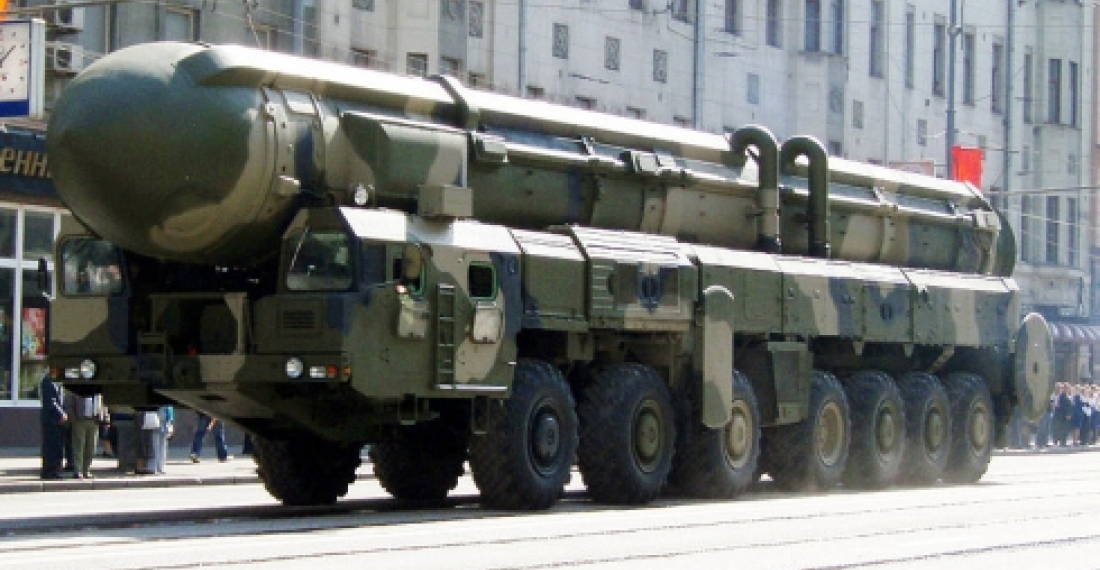In an article published this morning and that is likely to be quoted for many years to come, Russian Prime Minister Vladimir Putin, writing in the newspaper Rossiiskaya Gazetta as part of his election campaign for the Russian presidency, referred to the growth of regional and local conflicts, the emergence of zones of instability and "an artificially fuelled, controlled chaos." "Deliberate attempts are obvious to provoke such conflicts in the immediately proximity from the borders of Russia and our allies," Putin noted. "We witness the basic principles of international law were devaluated and disrupted, particularly in international security," he pointed out.
"In these conditions Russia cannot rely only on diplomatic and economic methods to lift disagreements and settle conflicts," the premier remarked. "Our country is facing the task for the development of military potential as part of the deterrence strategy and at the level of defence sufficiency. The Armed Forces, security services and other power-wielding agencies should be ready for a quick and efficient response to new challenges," he said.
"This is a compulsory condition for Russia to feel safely, and the arguments of the country will be taken by its partners in various international formats," the premier indicated. Putin also announced that Russia’s armed forces will receive over 400 modern intercontinental ballistic missiles, more than 100 military spacecraft and over 2,300 new tanks within the next ten years.
Putin noted that "jointly with our allies we also should build up the capabilities of the Collective Security Treaty Organization (CSTO), including the Collective Rapid Response Forces." "The CSTO is ready to fulfil its mission as a guarantor of stability in the Eurasian space," the prime minister noted. Thus, Putin concluded, "The issues to ensure the dynamic development of the Armed Forces, nuclear and space industry, the defence and industrial sector, military education, fundamental military science and applied research programs should remain the top priority of Russian state policy for years to come."
Commonspace.eu political editor said in a comment that "Putin's article may be dismissed as election rhetoric and part of the Kremlin's strategy not to leave space for the increasingly active and loud opposition to exploit increasing nationalist sentiment in Russia. Putin needs to be seen as the most partriotic candidate in this election. However the article in Rossiiskaya Gazetta reflect a paranoia with encirclement that is a constant feature of Russian official thinking. The article will not do anything to reassure Russia's neighbours of Russia's good intentions and will play into the hands of those who constantly depict Russia as an 'enemy'. Putin's article which is likely to be quoted by foreign policy analysts for a long time, may be dangerously self-fulfilling."
source: commonspace.eu with Itar-Tass
photo: A Russian SS 25 is a mobile intercontinental ballistic missile designed in the Soviet Union and in service with Russia 's Strategic Rocket Forces on parade in Moscow in 2008. (archive picture)







